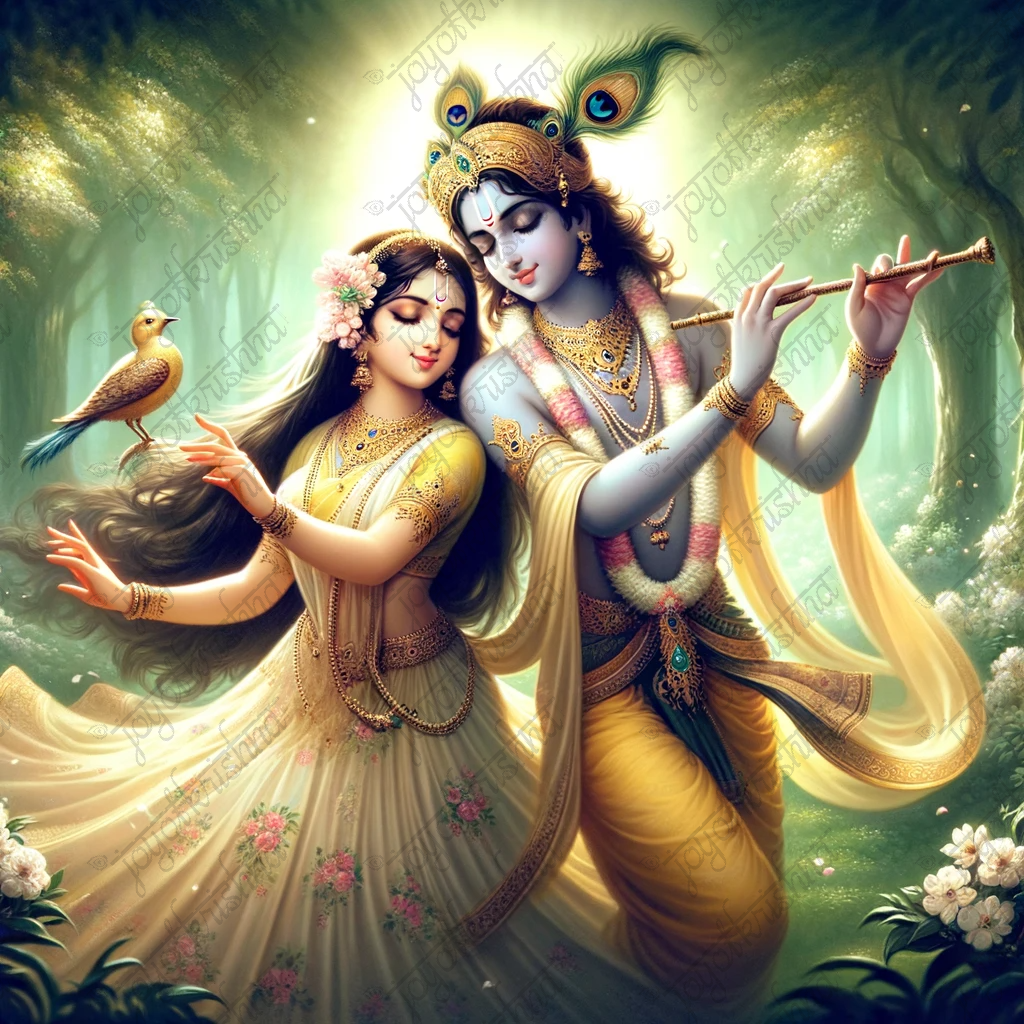
Lord Krishna, the eighth avatar of Lord Vishnu, is one of the most revered and beloved deities in Hinduism. His life and teachings have had a profound impact on Indian philosophy, culture, and spirituality. Born in the city of Mathura, Krishna’s arrival on earth was marked by a dramatic sequence of events, including the killing of his maternal uncle, King Kamsa, who had been terrorizing the people of Mathura. As a child, Krishna was known for his mischievous pranks and his love for butter and milk, earning him the nickname “Makhan Chor” or “Butter Thief.” However, as he grew older, Krishna’s divine nature became increasingly apparent, and he began to reveal his true identity as the Supreme Being.
Krishna’s teachings, as recorded in the Bhagavad Gita, emphasize the importance of selfless devotion, duty, and spiritual growth. He counsels his friend and disciple, Arjuna, on the nature of reality, the path to enlightenment, and the role of the individual in society. Through his teachings, Krishna provides a comprehensive guide to living a meaningful and purposeful life, one that balances personal growth with social responsibility. His message of love, compassion, and non-violence has inspired countless devotees throughout history, including Mahatma Gandhi, who drew heavily on Krishna’s teachings in his own philosophy of non-violent resistance.
One of the most fascinating aspects of Krishna’s character is his multifaceted personality, which encompasses a wide range of roles and attributes. As a divine being, he is revered as the ultimate reality, the source of all creation, and the embodiment of pure consciousness. At the same time, he is also depicted as a human being, with all the frailties and vulnerabilities that come with mortal existence. This paradoxical nature of Krishna’s personality has led to numerous interpretations and reinterpretations of his character over the centuries, making him one of the most complex and intriguing figures in Hindu mythology.
Krishna’s relationships with others are also an integral part of his mythology. His love affair with Radha, a cowherd’s daughter, is one of the most celebrated tales in Hindu literature, symbolizing the union of the individual soul with the divine. His friendship with Arjuna, as recorded in the Bhagavad Gita, is another iconic aspect of his mythology, highlighting the importance of spiritual guidance and mentorship. Even his interactions with his enemies, such as King Kamsa and the demon king, Jarasandha, serve as a reminder of the eternal struggle between good and evil, and the ultimate triumph of righteousness over injustice.
Despite the many interpretations and reinterpretations of Krishna’s character over the centuries, his core message remains unchanged. He continues to inspire devotees around the world with his teachings of love, compassion, and selfless devotion. His legacy extends far beyond the realm of Hinduism, influencing art, literature, music, and philosophy across cultures and civilizations. As a symbol of the divine, Krishna reminds us of our own potential for growth, transformation, and spiritual evolution, encouraging us to strive for greatness, even in the face of adversity. Through his life and teachings, Krishna shows us that we are not just human beings, but sparks of the divine, capable of realizing our true nature and fulfilling our highest potential.
In conclusion, Lord Krishna’s life and teachings offer a profound and timeless message of hope, inspiration, and spiritual growth. His multifaceted personality, relationships, and legacy continue to fascinate and captivate devotees around the world, reminding us of the power of love, compassion, and selfless devotion to transform our lives and the world around us.